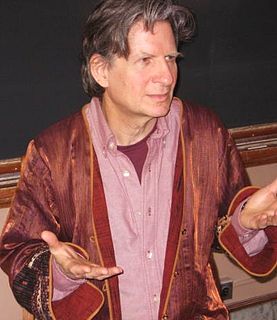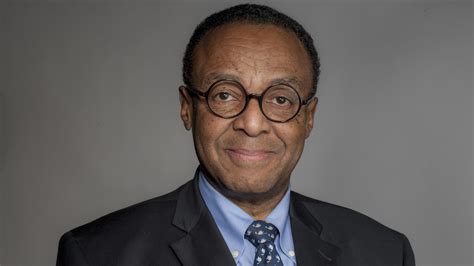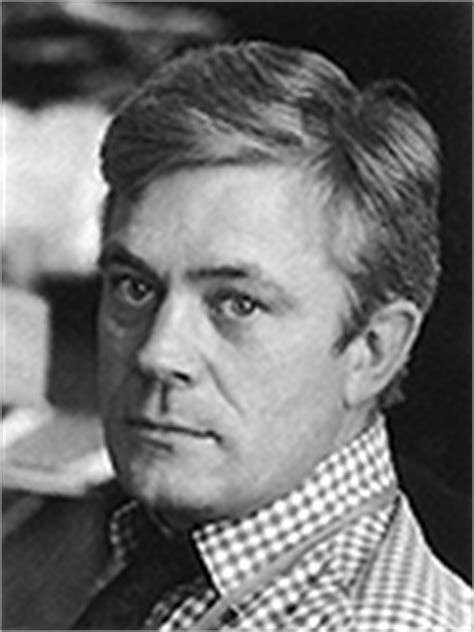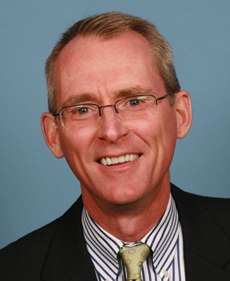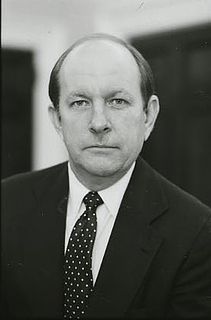A Quote by Mark Satin
I think most of us secretly know – and those of us at the radical middle are inclined to say – that without such concepts as duty and honor and service, no civilization can endure. ... I suspect most Americans would respond positively to a [draft] if it gives us some choice in how to exercise that duty and service. ... Exactly the kind of choice my generation did not have during the Vietnam War.
Related Quotes
Perhaps we can only truly serve those we are willing to touch, not only with our hands but with our hearts and even our souls. Professionalism has embedded in service a sense of difference, a certain distance. But on the deepest level, service is an experience of belonging, an experience of connection to others and to the word around us. It is this connection that gives us the power to bless the life in others. Without it, the life in them would not respond to us.
A sense of duty pursues us ever. It is omnipresent, like the Deity. If we take to ourselves the wings of the morning, and dwell in the uttermost parts of the sea, duty performed or duty violated is still with us, for our happiness or our misery. If we say the darkness shall cover us, in the darkness as in the light our obligations are yet with us.
For educated Americans like Joseph Ellis, Vietnam is a special hang-up. I am an Englishman of exactly the Vietnam generation, a couple of years younger than Ellis; indeed, for reasons too complicated to explain here, I was nearly drafted into the US army in 1965. I know many Americans of my own age and, as much to the point, my own class - journalists, publishers, lawyers. And I don't think I know one who served in Vietnam.
Kant does not think there is anything wrong with being beneficent from sympathy. He thinks we have a duty to cultivate sympathetic feelings by participating in the situations of others and acquiring an understanding of them. He thinks we also have a duty to make ourselves into the kind of person for whom the recognition that something is our duty would be a sufficient incentive to do it (if no other incentives were available to us). That's what he means by "the duty to act from the motive of duty".
If people believe that they are marrying out of love and free choice rather than out of duty, they are more likely to decide, if love should die, that the free choice to join together is no more significant than the free choice to part, and to look for love elsewhere; those married out of duty expect less love to begin with, and what duty has brought together, duty may keep together.
Passion. It lies in all of us. Sleeping... waiting... and though unwanted, unbidden, it will stir... open its jaws and howl. It speaks to us... guides us. Passion rules us all. And we obey. What other choice do we have? Passion is the source of our finest moments. The joy of love... the clarity of hatred... the ecstasy of grief. It hurts sometimes more than we can bear. If we could live without passion, maybe we'd know some kind of peace. But we would be hollow. Empty rooms, shuttered and dank. Without passion, we'd be truly dead.
I never lied to you. (Kiara) Of course you did –you said you could see the real us– that we weren’t as bad as we claimed. But you didn’t and, just like everyone else, so long as we risk our lives to protect and save you, we’re okay. But the moment we have to make a choice not ours, the moment you see what our pasts have made us, you’re horrified by the truth and hate us for it like we had some kind of choice in what we are. (Syn)
It's true that a human being cannot control what happens to him. However, what we can control is how we respond to what happens to us, what we do with what happens to us. Even if the range of choice is minimal, there is always a choice. From that point of view, destiny is our battlefield. It's not a tragedy; it is what we do with it.
I think it's very dangerous for a free society to have all the information distilled and packaged by our government and given to us. Do we know to this day who we killed in Iraq? I don't think so. If bringing war into the living room means that we as a people will say we don't want to do it that way anymore we want to figure out other ways to solve these conflicts, then I would say that photography and television have done us a great service.
